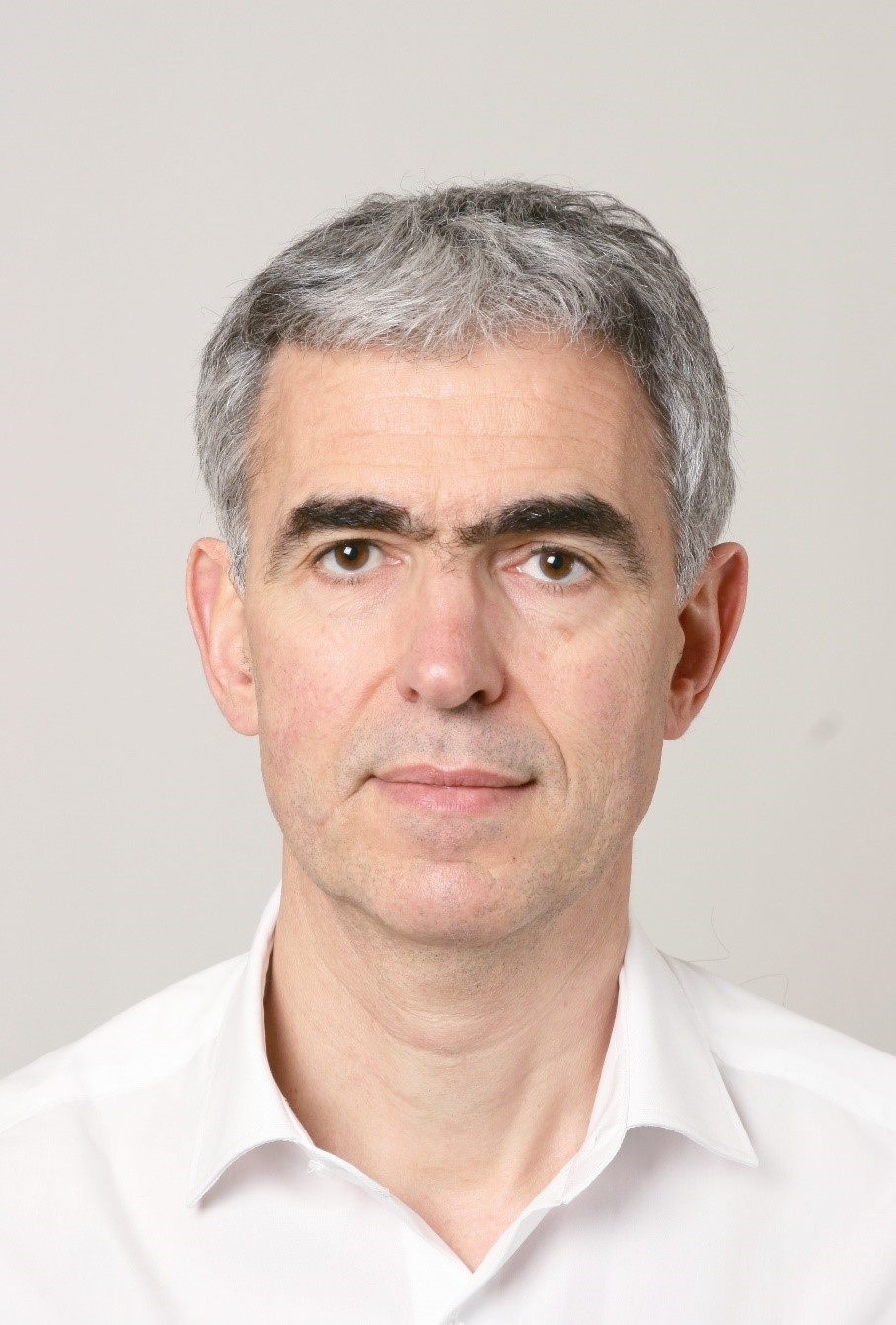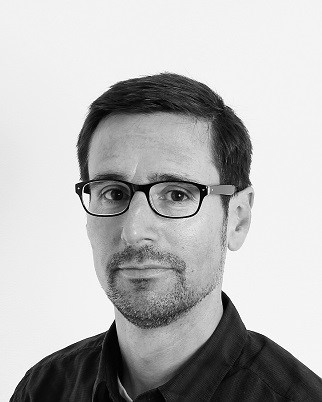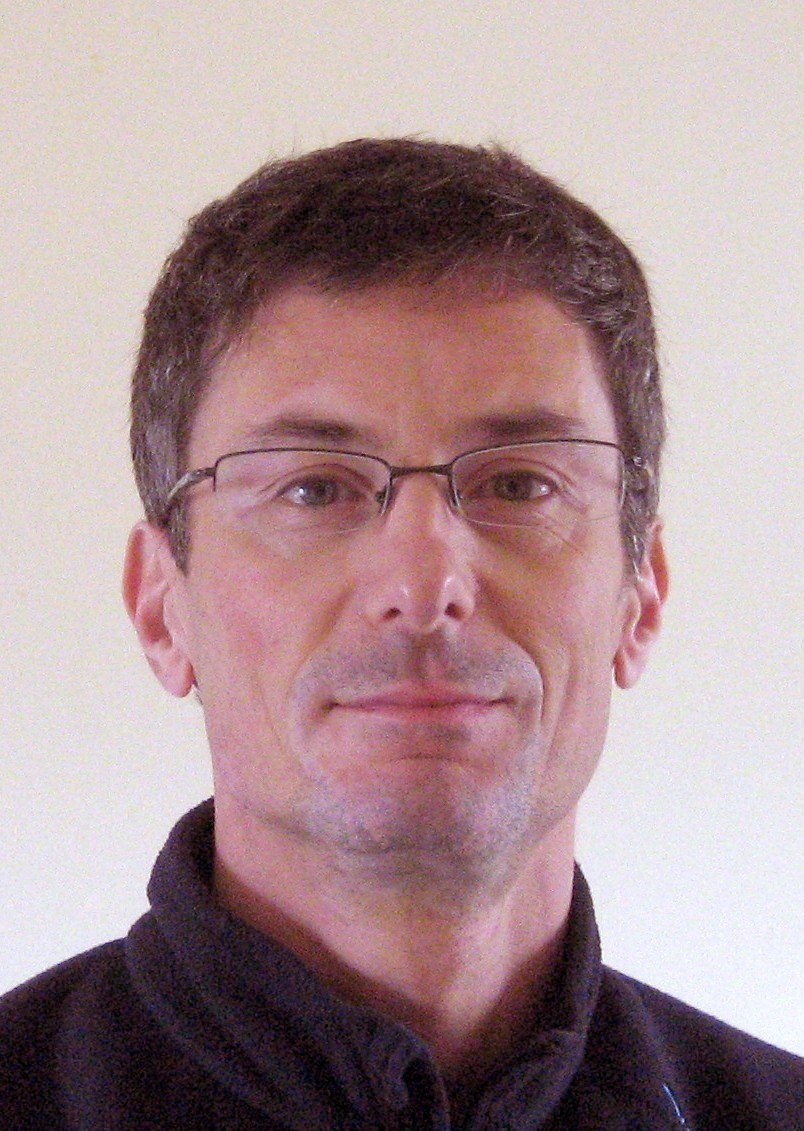Title
The video codec landscape in 2020
Abstract
Video compression is a key technology for new immersive media experiences, as the percentage of video data in global Internet traffic (80% in 2019 according to the 2018 Cisco Visual Networking Index report) is steadily increasing. The requirement for higher video compression efficiency is crucial in this context. For several years intense activity has been observed in standards organizations such as ITU-T VCEG and ISO/IEC MPEG developing Versatile Video Coding (VVC) and Essential Video Coding (EVC), but also in the ICT industry with AV1. This paper provides an analysis of the coding tools of VVC and EVC, stable since January 2020, and of AV1 stable since 2018. The quality and benefits of each solution are discussed from an analysis of their respective coding tools, measured compression efficiency, complexity, and market deployment perspectives. This analysis places VVC ahead of its competitors. As a matter of fact, VVC has been designed by the largest community of video compression experts, that is JVET (Joint Video Experts Team between ITU-T and ISO/IEC). It has been built on the basis of High Efficiency Video Coding (H.265/HEVC) and Advanced Video Coding (H.264/AVC) also developed by joint teams, respectively JCT-VC and JVT, and issued in 2013 and 2003 respectively.
Keywords
AV1, EVC, HEVC, Video Coding, VVC
Authors
 Michel Kerdranvat
Michel Kerdranvat
InterDigital R&D, France
Michel Kerdranvat received the PhD degree in signal processing from Rennes University in 1987. He started his career at Thomson Consumer Electronics in the research on digital compression for the broadcast of HDTV. From 1994 to 1997, he contributed to the standardization of H.263 in ITU-T for video telephony application. From 2000 to 2006, he had been managing research on algorithms for MPEG-4 video and H.264. In 2007, he moved to the video professional products division of Thomson (Grass Valley) as R&D manager in the development of video encoders for the broadcast market. In 2010 he joined Technicolor Research and Innovation to contribute to the HDMI forum and ITU-R WP6C on HDR standards for production and distribution. From 2017 he has been involved in the Joint Video Experts Team (JVET) of ITU-T SG 16 WP 3 and ISO/IEC JTC 1/SC 29/WG 11. Since 2019 he works with InterDigital R&D France, still contributing to JVET and MPEG on video compression.
 Ya Chen
Ya Chen
InterDigital R&D, France
Ya Chen received the B.S. degree from China Agricultural University and the M.S. degree from RWTH Aachen University in Communications Engineering. She joined Technicolor in 2017, and now works as a research engineer at InterDigital. Areas of work include standardization in VVC and development of video compression algorithms. She holds 40+ patents as author/co-author in the field of video compression. Her research interests also include analysis and evaluation of other video coding standards.
 Rémi Jullian
Rémi Jullian
InterDigital R&D, France
Rémi Jullian works in Imaging Science Lab at InterDigital, Rennes, France. Last 2 years, he has been involved in different studies of codec evaluation and comparison. With more than 20 years of experience in telecom, digital television and video compression, he is currently working in quality assessment and performance measurement of the next VVC standard software. He graduated with a MSc in optics and optoelectronics from Jean Monnet University of Saint-Etienne, France.
 Franck Galpin
Franck Galpin
InterDigital R&D, France
Franck Galpin received his M.Sc. in Engineering from IFSIC Rennes University in 1998, and a PhD degree in Computer Sciences and Signal Processing in 2002, from the same University. He has then spent 2 years as a JSPS post-doc at Tohoku University (Japan). In 2004, he joined the Toyota Higashi Fuji Research Center (Japan) where he has worked as a researcher on autonomous vehicle and robotics. He joined Technicolor R&I in 2014, then InterDigital R&I in 2019 where he is now working on video compression and deep learning for coding.
 Edouard François
Edouard François
InterDigital R&D, France
Edouard François received the engineer degree from the ENST de Bretagne, France, and the PhD degree in computer science from University de Rennes 1, France. He is currently Principal Scientist at InterDigital and is leading a research team focused on video compression. He has been participating to several standardization activities, including the specification of the HEVC standard and its extensions, and the current VVC standard development project. He had previously co-chaired the MPEG activity on HDR and WCG video coding. He had been working with Technicolor (formerly Thomson) for 15 years, then moved to Canon Research, France, and moved back to Technicolor in 2013. He is now with InterDigital. His main research interests are in video motion analysis and processing, video coding and High Dynamic Range video.